Definitions
Since the advent of COVID-19, there is an increasing recognition to move beyond business as usual. The following definitions are here to help you understand what different types of tourism mean. For further information about how to travel better click here

REGENERATIVE TOURISM
“Regenerative approaches that are systems based and align cultural and natural patterns are viewed as a way forward and are aimed at creating positive outcomes, not just doing less damage”
Hoxie, et al, 2012:66
OVERTOURISM
Rising to popularity this term essentially means too many people in one place.
“the excessive growth of visitors leading to overcrowding in areas where residents suffer the consequences of temporary and seasonal tourism peaks, which have enforced permanent changes to their lifestyles, access to amenities and general well-being”
(Milano et al., 2018)
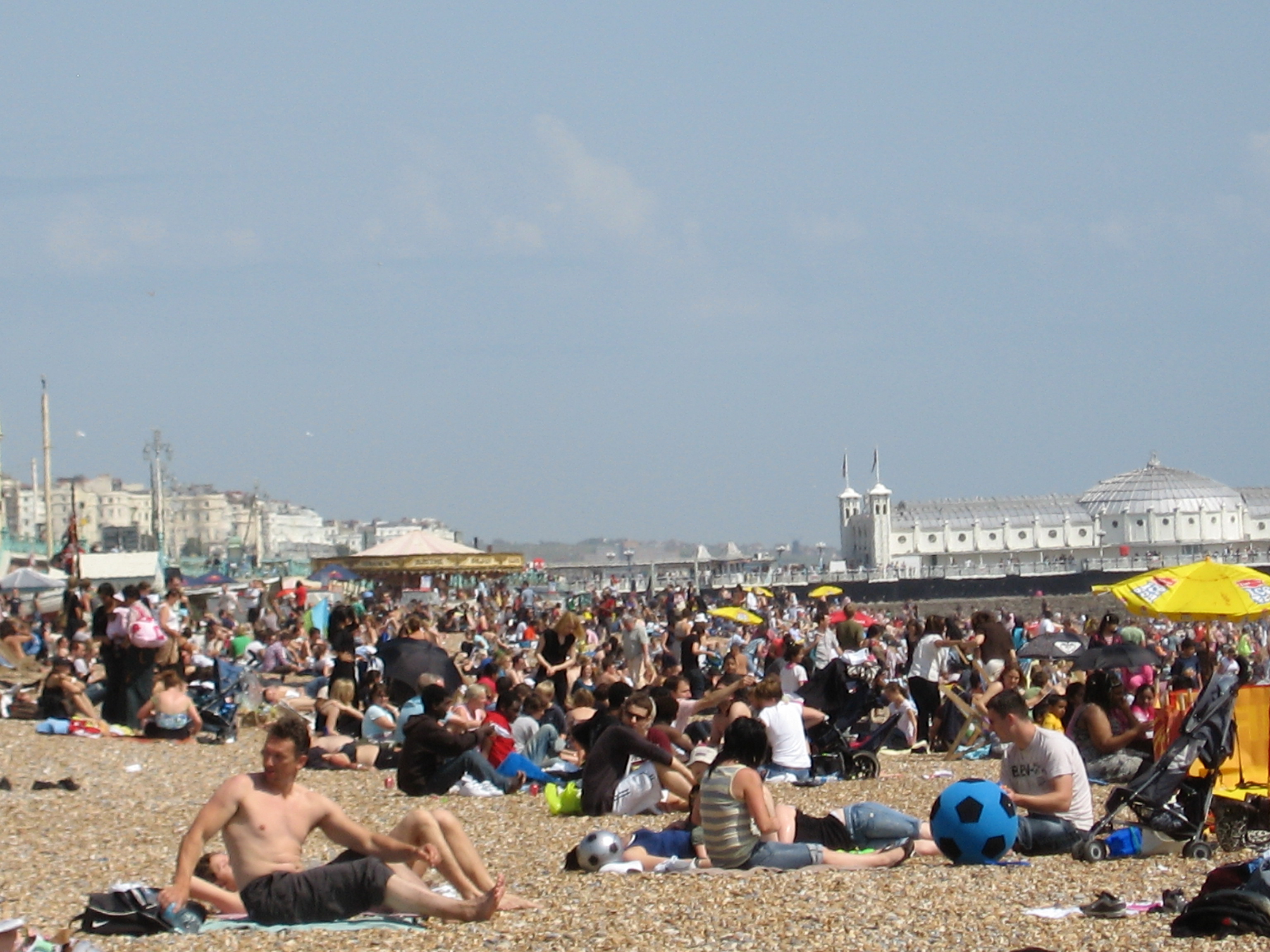
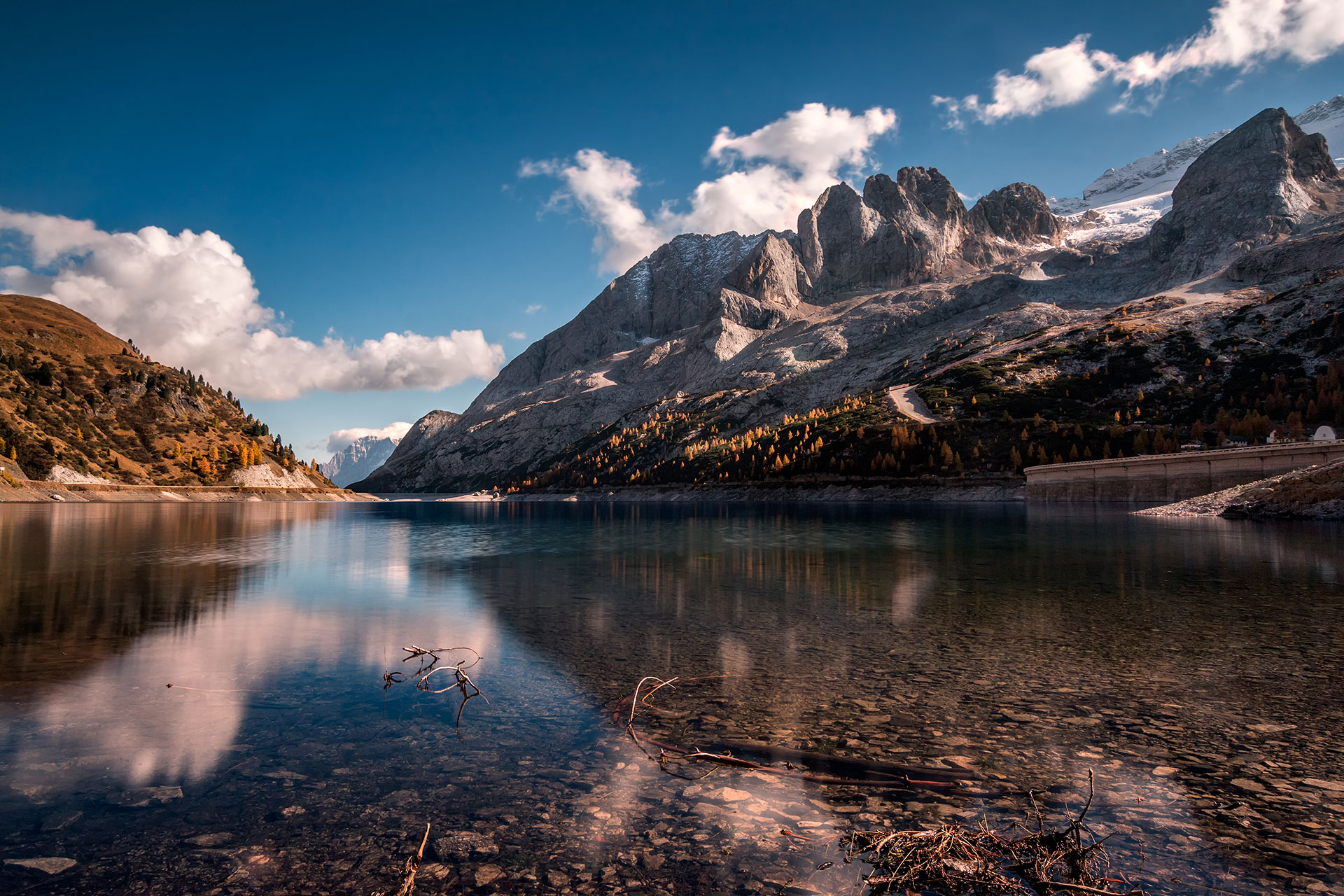
SUSTAINABLE TOURISM
“Sustainable tourism development requires the informed participation of all relevant stakeholders, as well as strong political leadership to ensure wide participation and consensus building. Achieving sustainable tourism is a continuous process and it requires constant monitoring of impacts, introducing the necessary preventive and/or corrective measures whenever necessary.
Sustainable tourism should also maintain a high level of tourist satisfaction and ensure a meaningful experience to the tourists, raising their awareness about sustainability issues and promoting sustainable tourism practices amongst them.”
World Tourism Organization, 2004 (now known as the UNWTO)
RESPONSIBLE TOURISM
Responsible tourism is like sustainable tourism, however as often the word sustainability is often overused and not understood, responsible tourism has been adopted as a term used by industry
Responsible tourism is any form of tourism that can be consumed in a more responsible way.
“Responsible tourism is tourism which:
- minimizes negative social, economic and environmental impacts
- generates greater economic benefits for local people and enhances the well-being of host communities
- improves working conditions and access to the industry
- involves local people in decisions that affect their lives and life chances
- makes positive contributions to the conservation of natural and cultural heritage embracing diversity
- provides more enjoyable experiences for tourists through more meaningful connections with local people, and a greater understanding of local cultural, social and environmental issues
- provides access for physically challenged people
- is culturally sensitive, encourages respect between tourists and hosts, and builds local pride and confidence
Cape Town Declaration, 2002

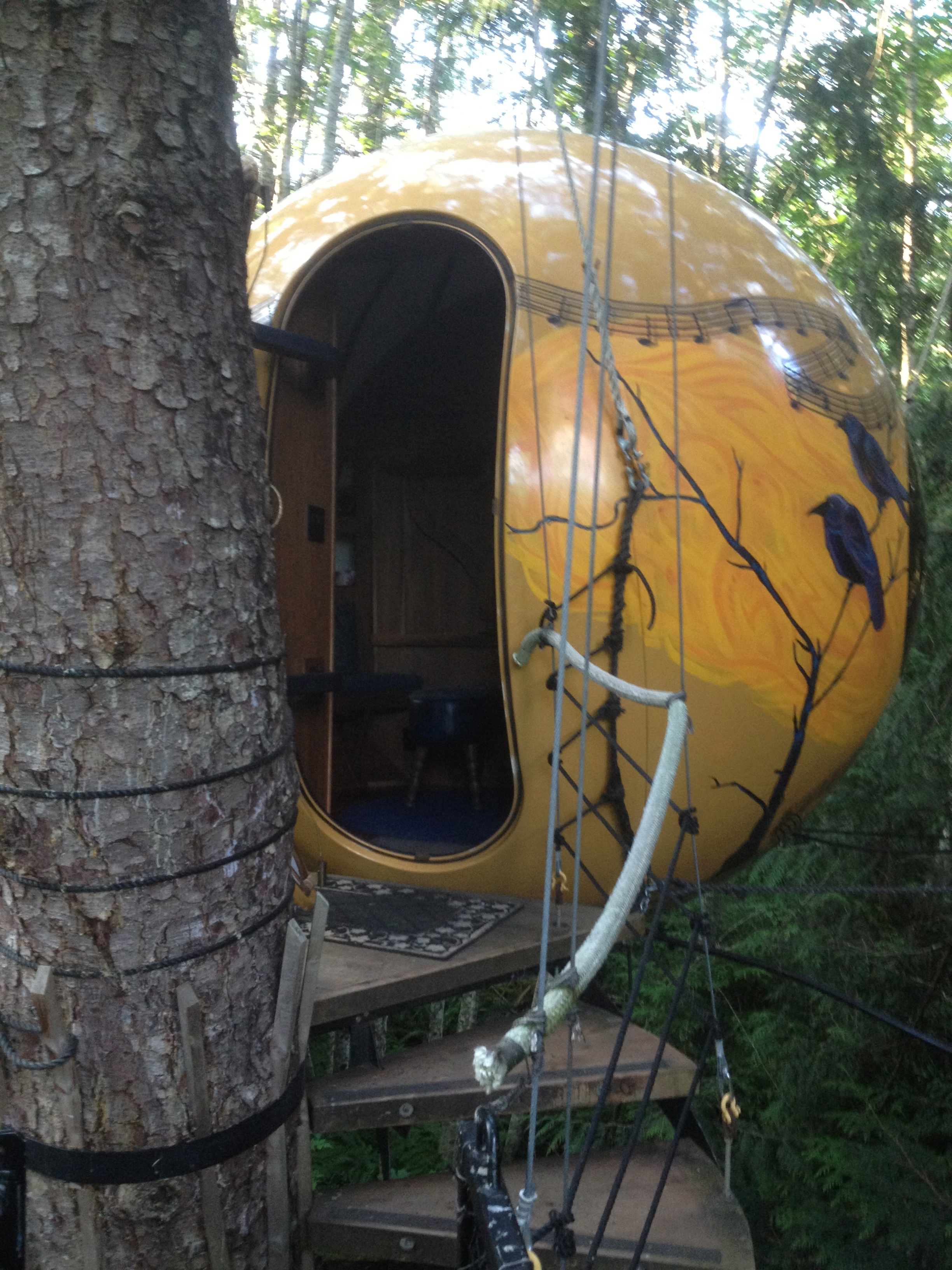
ECOTOURISM
Ecotourism is a form of sustainable tourism – all forms of tourism can become more sustainable but not all forms of tourism can be ecotourism
“Ecotourism is environmentally responsible travel and visitation to relatively undisturbed natural areas, in order to enjoy, study and appreciate nature (and any accompanying cultural features – both past and present), that promotes conservation, has low visitor impact, and provides for beneficially active socio-economic involvement of local populations”
(Ceballos-Lascurain, 1993).
(The official definition adopted by the IUCN in 1996)
GEOTOURISM
“Geotourism is very similar to sustainable tourism and is a definition brought about by National Geographic Traveller…
the concept is the same but they focus on the ‘sense of place’ in an area rather than the industry’s efforts”.
Environmentally Responsible – committed to conserving resources and maintaining biodiversity
Culturally Responsible – committed to respecting local sensibilities and building on local heritage
Synergistic – bringing together elements of geographical character to create a travel experience that is richer than the sum of its parts and appealing to visitors with diverse interests (source: National Geographic)
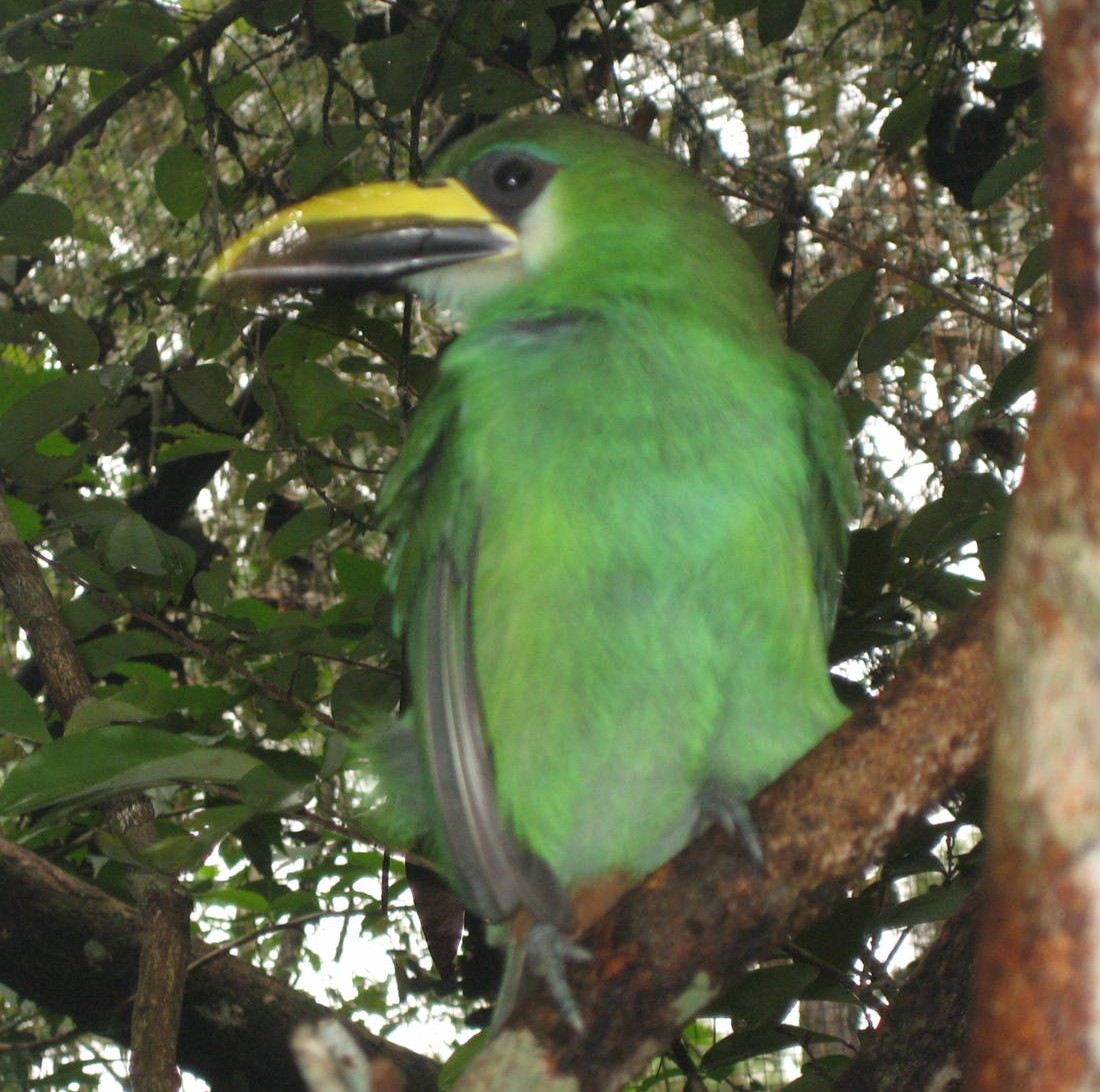

VOLUNTOURISM
Voluntourism is a form of travel where one volunteers on projects which give back to the community.
But beware – not all voluntourism is good tourism… be careful what is promised and who provides it!
SUSTAINABLE DEVELOPMENT GOALS (SDGs)
“The Sustainable Development Goals are the blueprint to achieve a better and more sustainable future for all. They address the global challenges we face”
United Nations, SDGs
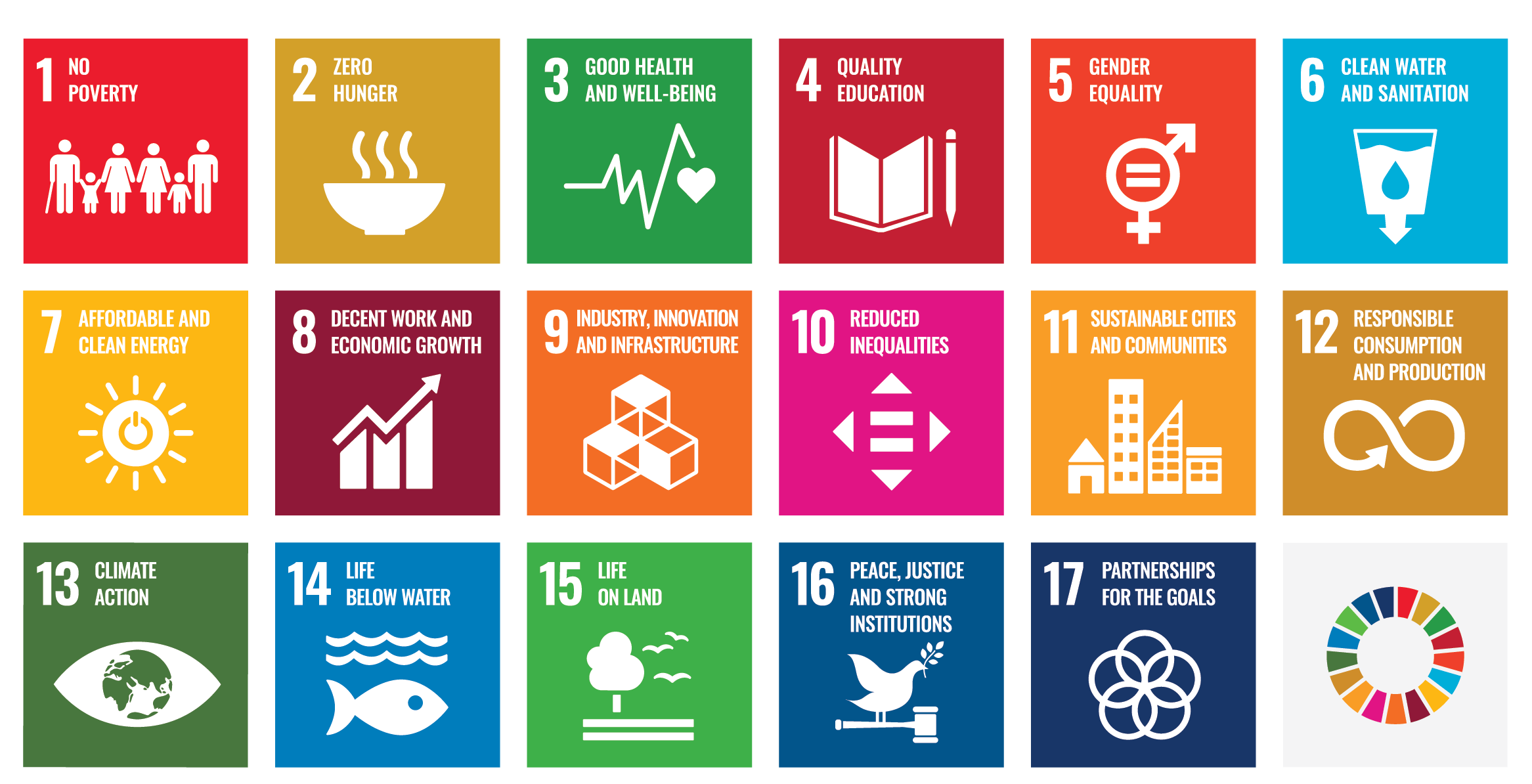
Resources
Sustainable Tourism
A good resource for debates on sustainable tourism issues can be found through the Sustainability Leaders Project
If you are looking for training then check out PM4SD – it addresses key factors contributing to the successful execution of sustainable tourism projects.
PM4SD (Project Management for Sustainable Development) is an internationally recognized methodology and professional qualification designed to help ensure tourism projects deliver benefits for all stakeholders and achieve lasting impacts. PM4SD is an effective tool enabling sustainable tourism practitioners to use tourism as a positive force for social, economic and cultural change.
For more information about sustainable tourism, check out the following links:
- United Nations Tourism Publications
- United Nations Environment Program
- National Geographic Society
- Organisation for Economic Cooperation and Development (OECD)
- United Nation’s World Tourism Organisation
- World Travel and Tourism Council
- WTM – World Travel Mart – responsible tourism examples
- Tour Operator Initiative for Sustainable Development (TOI)
- International Tourism Partnership
- Tourism Site – Network for the sustainable development of tourism destinations in Europe
- Local Agenda 21 examples of sustainable tourism
- Australian Research Centre for Tourism (crctourism)
- Pacific Asia Tourism Association (PATA)- code for PATA and for travellers
Tourism Accreditation and Certification
Certification is popular subject in tourism and sustainability. Some in the industry say it doesn’t address the critical mass while others say it is the only way to stop greenwashing. In late 2008, the global partnership for sustainable tourism criteria was formed. In 2009, a global body was formed the GSTC.
Certification can be described as the process of assuring industry and consumers that the assessed company has met a set of minimum standards.The purpose of certification has been to achieve voluntary standards which meet or exceed baseline standards or legislation
(Source: Dodds & Joppe, 2005)
Certification in tourism has always been a tumultuous affair and there is continuous debate especially as less than 1% of tourism industry suppliers are certified.
Some certification schemes which are well known in the tourism industry include:
- VISIT initiative – initiative to link up european ecolabels
- ECEAT – European program for green farm holidays
- Green Tourism Business Scheme – Scotlands certification program
- Green Globe 21 – global implementation program for all forms of tourism.
- Eco Brasil
- International Organization for Standardization (ISO) – certified mainly larger hotels and tour operators for environmental or quality assurance – ISO 9001 and ISO 14001 and the newly formed ISO 2600
- Rainforest Alliance
- SmartVoyager certification program is an Ecuadorian nonprofit group — and the Rainforest Alliance, SmartVoyager minimizes the impact of tour boats in the Galapagos Islands by improving social and environmental conditions of boat operations.
- Nordic Swan
- Viabono – Germany
- Pan Parks
- Fair Trade in South Africa – one of the newest initiatives dealing with fairtrade tourism
- Green Key, NL– (Environmental Barometer) is the Dutch ecolabel for companies in the leisure sector.
- Blue Flag Campaign – certification for beaches
- Audubon – certification for golf courses
- Green Key – Accommodation certification in Lithuania, France, Denmark, Greenland, Sweden
- Nature’s Best– Swedish ecotourism certification program
- Green Flag – for parks and green spaces in the UK
- An analysis of certification schemes done by the WWF
- Agenda 21 for the Travel and Tourism Industry – a practical guide of indicators
- Sustainable Travel International STEP program
- Clean Marine program – certification for marinas
- However, be careful as not all certification schemes have third party audits such as the Green Hotels Association (Canada) -this information on how hotels are reducing their impact on the environment is only a checklist rather than an audited scheme.
For information about ecotourism and general tourism certification programs, check out:
- Certification for Sustainable Tourism (Costa Rica) CST was designed to differentiate tourism sector businesses based on the degree to which they comply with a sustainable model of natural, cultural and social resource management, however, it is mainly ecolodges which have been certified.
- Ecotourism Australia – Also check out The International Ecotourism Standard has been developed by the Ecotourism Association of Australia in conjunction with the Cooperative Research Centre (CRC) for Sustainable Tourism of Australia.
Rainforest Alliance - SmartVoyager certification program is an Ecuadorian nonprofit group — and the Rainforest Alliance, SmartVoyager minimizes the impact of tour boats in the Galapagos Islands by improving social and environmental conditions of boat operations.
- Green Key Program in Morocco
The project was established in 2008 by the Ministry and currently has over 40 certified properties.
Ecotourism
Ecotourism can offer a viable combination of ecological and cultural protection, increase local awareness of the value of preserving the natural and cultural environments, and aid in economic development. However many sources suggest that most ecotourism efforts have focused towards advancing the economic objectives rather than protecting the very resources that attract visitors.
There has been much deliberation about the term ‘ecotourism’ but it is important to realize that it is the principals of ecotourism that are important – any form of tourism could become more sustainable but not all forms of tourism can be ecotourism. In addition, there is often controversy about whether ecotourism exists only in ‘relatively undisturbed natural areas ‘. While undisturbed natural areas may be a focal point for most research and writing of ecotourism, the majority of ecotourism occurs in area that have been ‘disturbed’ and are often very close to activity or urban areas.
Principals of ecotourism often include:
- Natural areas
- Contains educational and interpretive features
- Generally for small groups
- Minimizes negative impacts
- Supports the protection of natural areas by generating economic benefits for host communities, organizations and authorities managing natural areas with conservation purposes(Source: World Tourism Organization)
For more information about ecotourism, check out the following resources:
- Ecoclub.com
- Touring Nature – ecotourism routes around Europe
- The International Ecotourism Society
- World Tourism Organization
- Conservation International
- The Nature Conservancy (in both English & Spanish)
- Planeta.com
- Australia’s Ecotourism centre
- World Declaration on Ecotourism, 2002
- EcoTour Directory – a directory of operators worldwide offering eco tours
For information about associations/sites which offer ecotourism products, check out:
- Ecotourism Laos
- Nova Scotia Adventure Tourism Association
- Ecotourism Association of Australia
- Tourism Industry Association of New Zealand
- Planeta’s guide to Central America
- EcoBrazil
- Association Française d’Ecotourisme
- Ecotourism Association of Kenya
- The Swedish Ecotourism Society
- Indonesia Ecotourism Network(INDECON)
- Pakistan Ecotourism Association
Urban Sustainability
Urban sustainability is often talked about without looking at tourism as an integral part of development and promotion of a city. As 50% of the world’s population live in cities, there is clearly a need to address issues of sustainable tourism as well as general sustainability and good governance.
Also defined as urban ecotourism or urban green tourism, it can also be looked at as urban sustainability and exists in many forms. Urban ecotourism is often seen as a contradiction in terms however, the principals of ecotourism should be applied to all natural areas of tourism – especially for urban sustainability to develop (urban areas have culturally and environmentally sensitive areas too).
For more information about urban sustainability, check out the following resources:
- Green Tourism Association (although no longer in operation, this organization was one of the first worldwide).
- Calvia Local Agenda 21 approach
- Sustainable Cities Project
- Green Map – green maps worldwide
- Urban Secretariat of UN-Habitat
- European Cities
- Sustainable Urban Tourism
- Smart Communities Network
- Cambridge Sustainable City
- Minnesota Green Routes – a statewide green tourism initiative directs people to places where they can get locally grown foods, green attractions, events and places to stay
- Vacation Disaster Preparation Safety Guide
- tips and advice about travel emergencies and disaster awareness whilst travelling or vacationing abroad and what travellers can do to prepare for and stay safe in case of an emergency.
Destination Management: Small Island Sustainability
What are the issues facing SMALL ISLANDS?
Our work includes work on sustainable tourism development and policy implementation on islands. We have done work in many small island destinations (Mediterranean, Caribbean, SE Asia, Canada). The following are island issues and vulnerabilities which she has encountered:
ENVIRONMENTAL
- Water – water shortages or water usage
- Energy – renewable energy usage, power shortages
- Waste Management – landfill issues, lack of recycling due to awareness or critical mass
- Erosion / Coastal Zone Management – e.g. trail erosion, mangrove removal causing erosion
- Noise pollution
- Infrastructure congestion
- Climate Change – rising sea levels
- Crowding – pressure of tourist traffic in destinations
SOCIAL / MARKETING
- Marketing – lack of island identity, lack of a unified brand to promote the island, marketing cooperation issues
- Seasonality – short season
- Crime
- Lack of identify – competition with other islands/island insularity
- Quality standards – not all businesses/attractions have same level of service/quality
- Branding – lack of promotion of island as a brand instead focus on individual products
- Last minute booking – increased use of internet for marketing purposes
- Equity – not all people benefit equally from tourism
ECONOMIC
- Leakage – money from holiday homes leaving island, ferry services being operated by mainland owned business
- Inflation – rise in house prices/goods due to holiday home/tourist presence
- Infrastructure upkeep – roads, schools, overall building maintenance
- Day-tripper market – lack of economic contribution to island & potential high environmental impact
- Employment – season or part time employment
ECONOMIC
- Depopulation – population moving off islands in search of work, aging population
- Access – remote locations, infrequent air/ferry access
- Education – awareness of environmental/social issues in community and to tourists
- Weather – hurricanes, tsunamis, etc.
- Branding – Arran Island, Scotland offers a Taste of Arran combining all local island food products.
- Chumbe Island, Zanzibar – environmental and marine management
Island vulnerability – informative site on island issues, projects and references
Small Islands Development Network (SIDS)
European Small Island Network (ESIN)
Report by UN on small island sensitivities
Island ecosystems (IUCN site)
Islands and Small States Institute
Commonwealth Secretariat – Thirty-two of the Commonwealth’s 53 member countries are small states
Repeating islands – a blog about issues in the Caribbean
Destination and Business Management
In order to manage a company or destination, it is first necessary to understand an monitor the extent of any issues
- Establishing a workable net zero strategy – guide for Small and Medium sized enterprises https://www.retailmerchantservices.co.uk/sme-environmental-impact-carbon-footprint-guide/
